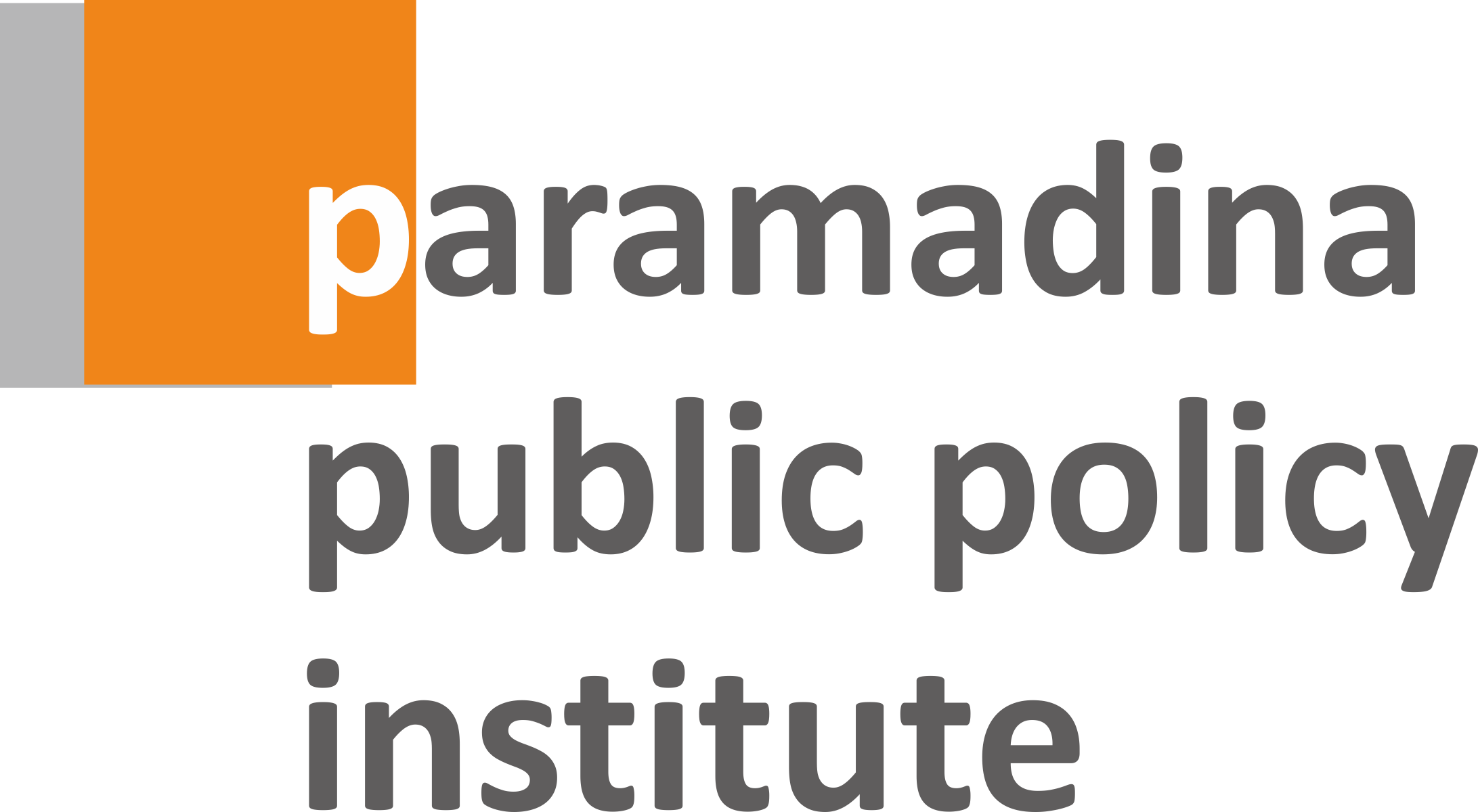
Abstract
This conceptual article will explain the role and position of religious entities in the debate on political studies and international relations, which were once marginalized. This situation cannot be separated from the strong dominance of secularism which provides strong legitimacy for the importance of material factors such as military power and economic-political interests in the development of global political economy. Religious factors and other identities are considered abstract and do not get a place in the mainstream debate. However, along with the development of the dynamics and complexity of global political economy and security, religious factors have again received great attention. By analyzing the historical roots and transformation of political studies and international relations, with a deeper emphasis in the context of Islamic religion, this article which is sourced from secondary data, lays the stronger basis for understanding the rise of Constructivism School of Thought, which finally concludes that religious entities and other identity factors have played a significant and fundamental role in determining the direction of the dynamics of socio-political, economic and international security developments.
About author:
Ahmad Khoirul Umam is a Senior Lecturer at the Department of Political Science & International Relations, University of Paramadina, Jakarta. He achieved his PhD from School of Political Science & International Studies, The University of Queensland, Australia. He has strong interests in Governance, Public Integrity & Anti-Corruption Studies, Democratization in Southeast Asia, Australia & Pacific Studies & Islam in International Politics. He is currently a Managing Director of Paramadina Public Policy Institute (PPPI), Jakarta.
DOWNLOAD the full paper from the link below.
